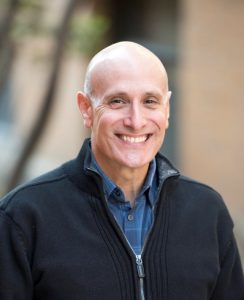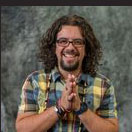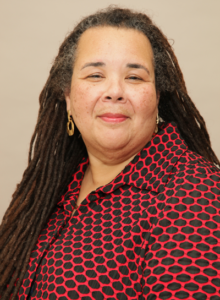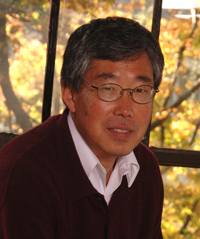classroom dialogue
Select an item by clicking its checkbox
I teach a course on the ethics of world religions which takes a narrative approach. Rather than just focusing on the text and tenets of religions in relationship to ethics, the course also highlights the life stories of “exemplars” from various religious perspectives. These have included civil rights activist Malcolm ...
The “I” That Teaches - A new video project that invites senior scholars to talk about their teaching lives. These scholar-teachers candidly discuss how religious, educational, and family backgrounds inform their vocational commitments and, also, characterize their teaching persona. From the vantage point of a practiced teaching philosophy we get an intimate account of the value and art of teaching well.
We begin this series with an interview with Dr. Victor Anderson, Vanderbilt School of Divinity. The title for this project comes from a lecture that Prof. Anderson delivered at Wabash College.
Click here to watch all episodes of "The "I" That Teaches" on YouTube
See Also:
It was my first semester teaching about 10 years ago in a seminary. Our class of about 35 students was into the second week of the semester and I was speaking about the complicity of the United States in the attack of 9/11. In the midst of my talk a student raised his ...
Have you noticed? The lexicon of the American mainstream media has shifted. Before the campaign season, the news only sparingly discussed notions of race. Any allusion to race was vague and superficial. Reporting of race was primarily reserved for assuring the public that criminals are either African American or Latino/...
The Ferguson story reminds me of the “Rashomon Effect,” named for late Japanese movie director Akira Kurosawa’s film Rashomon. In the film a crime witnessed by four individuals is described in four mutually contradictory ways. The Rashomon Effect is contradictory and often has opposing interpretations of the same event ...



